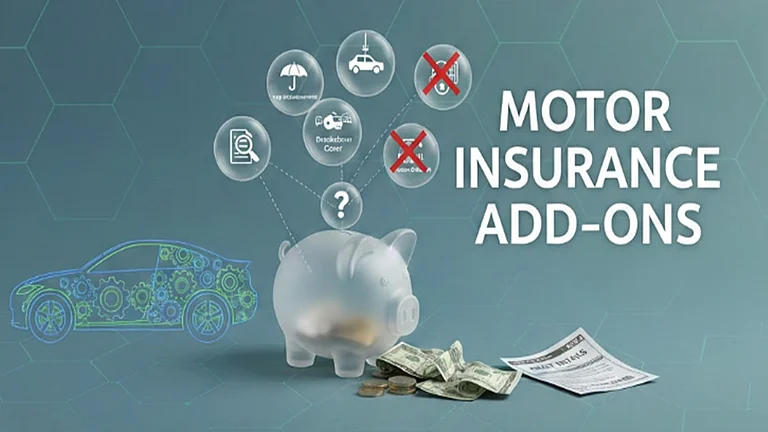Choosing between an electric vehicle (EV) and a hybrid car involves more than just selecting a power source—it also affects your insurance needs. EVs rely solely on batteries and electric motors, while hybrids use a combination of electric power and an internal combustion engine (ICE). These distinctions influence not only environmental impact but also insurance coverage, add-ons, and premium costs. Read on for a breakdown of key insurance considerations for both EVs and hybrids.
Basic Coverage Requirements
According to the Motor Vehicle Act of 1988, Third-Party Liability insurance and personal accident coverage for owner-drivers are mandatory for all vehicles. This foundational insurance provides financial protection against damages or injuries caused to others by your vehicle, and it safeguards the owner-driver in case of an accident resulting in disability or death. For both EVs and hybrids, these policies serve as a fundamental safety net.
Tailored Add-Ons For EVs And Hybrids
Both EVs and hybrid cars benefit from standard motor insurance, but their unique power components call for additional protections.
Battery And Engine Protection
Battery and engine protection are critical for EVs and hybrids, but the specific needs differ:
EVs: “EV insurance policies typically offer battery protection to cover issues like degradation, charging mishaps, water intrusion, and even potential power surges,” explains Subhasish Mazumder, head of motor distribution at Bajaj Allianz General Insurance. The battery, which can represent 40-60 per cent of an EV's value, makes this protection essential for covering high-cost replacements due to damage from incidents like water ingress or short circuits during charging.
Hybrids: Hybrids rely on both an ICE and a smaller battery, so add-ons focus on balanced coverage. “Battery protection for hybrids is less extensive than for EVs, as the primary power source is the ICE,” Mazumder adds. “Engine and battery protection add-ons ensure that damage to both systems is covered, offering peace of mind for hybrid owners.”
Charging Equipment Protection
Charging equipment coverage is specific to EVs. “Home charging stations and other external charging equipment can be costly and are prone to environmental damage, particularly from severe weather,” explains Paras Pasricha, head, motor insurance, Policybazaar. Add-on covers protect charging units from theft or damage, ensuring that your EV remains operational even if charging components are compromised. Since hybrids typically recharge through regenerative braking or the engine, this add-on is generally unnecessary for them.
Premium Comparison
The premiums for EV and hybrid car insurance differ due to the nature of their components:
EVs: Electric vehicles often have higher premiums compared to ICE vehicles due to the cost of specialized parts, particularly the battery, and high repair expenses for luxury EV models.
Hybrids: Since hybrids incorporate fewer specialized components, their insurance premiums are typically lower than those for EVs. The reliance on a traditional ICE engine also reduces repair costs and insurance risks, making hybrid insurance more affordable.
Additional Recommended Add-Ons
Regardless of whether you choose an EV or a hybrid, these add-ons provide valuable protection:
Zero Depreciation Cover: Often called “bumper-to-bumper” coverage, this add-on ensures full claim payouts without depreciation deductions. It’s beneficial for both EV and hybrid owners, especially for high-cost parts.
Comprehensive Component Protection: Some insurers offer packages like Vpay, which provide all-inclusive protection for both ICE and electric systems. This is particularly advantageous for hybrids, covering both power sources, and for EVs with sensitive electrical components.
Make An Informed Choice
With insurers offering a range of optional covers, it’s essential to carefully assess the protections that best suit your vehicle’s unique needs. Whether you choose an EV or a hybrid, adding these recommended coverages can ensure that you’re fully protected on the road.















